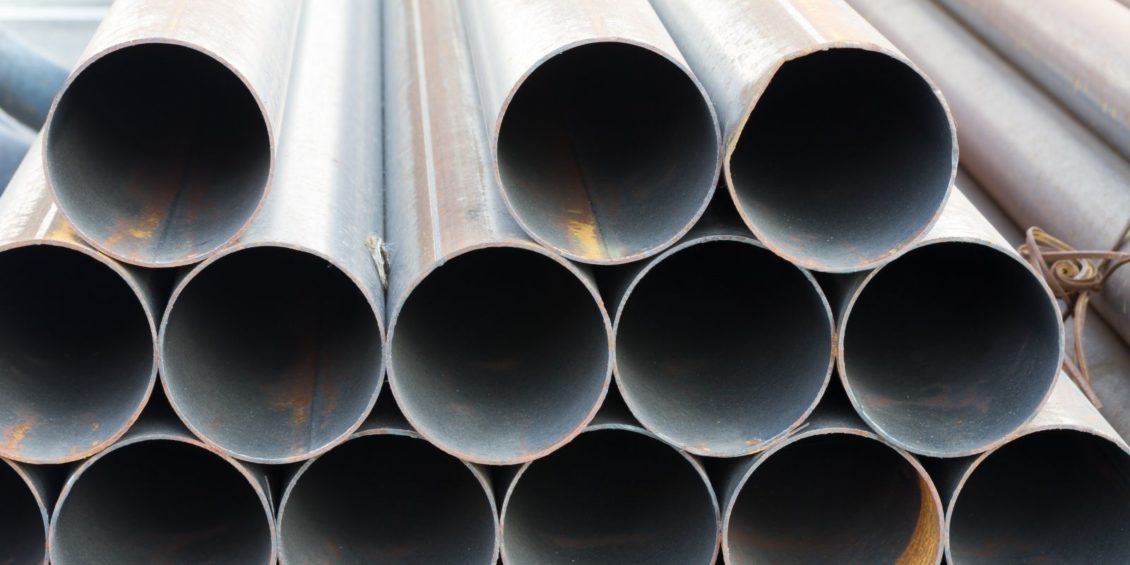Steel has been around forever, but some new materials are being touted as better options than classic metal. What are they, why are they beneficial, and should you consider using them instead of steel?
Steel is a versatile material that is very durable, affordable, and quickly found in home improvement stores. From roof shingles to drain pipes, steel is widely used in various applications.
These metals also have their own set of pros and cons that make them superior or inferior, depending on your needs. Read on for more information before you buy steel online:
What is Carbon Steel?
Carbon steel is made up of iron and carbon. It is one of the most common types of steel used in construction due to its durability, affordability, and ease of welding. As with metal alloys, each type of steel has different properties, including hardness, malleability, flexibility, tensile strength, and yield strength.
The two main types of carbon steel are low carbon (LCC) and high carbon (HCC). LCC steel contains 0.05% carbon by weight; HCC steel contains 0.25 to 1.5% carbon.
Why use low carbon steel rather than high carbon steel?
The difference between these grades is the amount of carbon remaining after refining. Most manufacturers use LCC or HCC steel to produce flat products such as roof shingles, siding and driveway pavers. LCC steel is generally less expensive than HCC steel, making it easier for homeowners to replace old roofs and driveways without breaking too much of a budget.
If you need a product with excellent wear resistance, choose HCC steel. This grade gives you more for your money while maintaining longevity. You can get a high quality sunshade with this material.
What is Mild Steel?
Mild steel combines carbon and alloying elements, such as manganese and chromium. It is not considered true “steel” due to its lower melting point, but it shares many similar qualities with traditional steel. When choosing mild steel, look for products that have 3/16 inch thick plates or sheets. Thickness varies by manufacturer.
Mild steel is often preferred when working with smaller parts, such as screws, bolts, nuts and washers. Because it is not as strong as HCC steel, mild steel will not withstand greater forces. However, it’s a great choice if you need something lightweight and inexpensive for small projects.
Mild Steel Vs. Carbon Steel – Which is Better?
Both carbon steel and mild steel can be used for many purposes. So what exactly is the difference between these two types of steel? And why would I want to choose one over the other? Let’s take a closer look.
Carbon steel:
It is found everywhere in residential construction. It is affordable and durable, but it is susceptible to corrosion. It does not support heavy loads well and tends to deform under stress. If you are looking for a durable construction project, choose an LCC steel option.
Soft steel:
This type of steel is lighter and stronger than LCC steel, so it is ideal for projects requiring structural integrity. Unlike LCC, this material is rust resistant. Although it may cost a little more upfront, you’ll save money on maintenance costs later. Mild steel also works well for outdoor applications exposed to harsh weather conditions.
When choosing the type of steel to work with, consider the load capacity of your application. A garden terrace will probably not have the same requirements as a sturdy structure in a warehouse.
Carbon steel and mild steel are both great materials to consider, but some applications require a higher level of strength, so we recommend using HCC or stainless steel, depending circumstances.

